DISPUTE OVER SELLING DUTY-FREE PRODUCTS
입력 2020.05.18 (15:06)
수정 2020.05.18 (16:45)
읽어주기 기능은 크롬기반의
브라우저에서만 사용하실 수 있습니다.
[Anchor Lead]
The government decided last month to allow duty-free shops to sell their stock to locals. It is aimed at helping the duty-free sector amid the coronavirus pandemic, but no progress has been made in the relief plan due to the difficulty to find distributors and opposition from high-end brands.
[Pkg]
A duty-free store's distribution center near Incheon Airport... Hundreds of tons of stock remain unsold, as the number of flight passengers has plunged over 90 percent amid the COVID-19 outbreak.
[Soundbite] (DUTY-FREE COMPANY OFFICIAL(VOICE MODIFIED)): Due to a sharp decline in flight passengers, the amount of goods remaining in stock for a long time has reached a saturation level.
In an effort to help the struggling duty-free industry, the government late last month allowed duty-free stores to temporarily sell items unsold for over six months in the domestic market. Despite the permit, it is difficult for duty-free operators to find domestic channels to sell their backlog of wares. Department stores have the largest distribution network. But they are deemed in appropriate as domestic routes to sell unsold duty-free goods, as they already house most brands that are seen at duty-free stores. It is impossible for department stores to sell identical or similar products at different prices.
[Soundbite] (DUTY-FREE COMPANY OFFICIAL(VOICE MODIFIED)) : "Different importers supply products to duty-free shops and department stores. Therefore, it is difficult to directly sell duty-free goods at department stores."
Duty-free operators are in negotiations with discount stores, but differences over the ranges of discounts remain. Duty-free items sold locally are expected to be more expensive than those sold at duty-free stores, as tariffs and surchrages are levied on them. Another obstacle is strong opposition from some upscale brands which are concerned about potential negative effects on their brand reputations.
[Soundbite] (DUTY-FREE COMPANY OFFICIAL(VOICE MODIFIED)) : "Upscale brands avoid locally distributing their products at lower prices."
Therefore, unsold duty-free items are expected to hit the local market next month at the earliest. Once the issues are settled, sunglasses and cheaper leather goods will be the first items to go on sale in the domestic market. But a handful of luxury brands as well as cosmetics products with expiration dates will be excluded.
The government decided last month to allow duty-free shops to sell their stock to locals. It is aimed at helping the duty-free sector amid the coronavirus pandemic, but no progress has been made in the relief plan due to the difficulty to find distributors and opposition from high-end brands.
[Pkg]
A duty-free store's distribution center near Incheon Airport... Hundreds of tons of stock remain unsold, as the number of flight passengers has plunged over 90 percent amid the COVID-19 outbreak.
[Soundbite] (DUTY-FREE COMPANY OFFICIAL(VOICE MODIFIED)): Due to a sharp decline in flight passengers, the amount of goods remaining in stock for a long time has reached a saturation level.
In an effort to help the struggling duty-free industry, the government late last month allowed duty-free stores to temporarily sell items unsold for over six months in the domestic market. Despite the permit, it is difficult for duty-free operators to find domestic channels to sell their backlog of wares. Department stores have the largest distribution network. But they are deemed in appropriate as domestic routes to sell unsold duty-free goods, as they already house most brands that are seen at duty-free stores. It is impossible for department stores to sell identical or similar products at different prices.
[Soundbite] (DUTY-FREE COMPANY OFFICIAL(VOICE MODIFIED)) : "Different importers supply products to duty-free shops and department stores. Therefore, it is difficult to directly sell duty-free goods at department stores."
Duty-free operators are in negotiations with discount stores, but differences over the ranges of discounts remain. Duty-free items sold locally are expected to be more expensive than those sold at duty-free stores, as tariffs and surchrages are levied on them. Another obstacle is strong opposition from some upscale brands which are concerned about potential negative effects on their brand reputations.
[Soundbite] (DUTY-FREE COMPANY OFFICIAL(VOICE MODIFIED)) : "Upscale brands avoid locally distributing their products at lower prices."
Therefore, unsold duty-free items are expected to hit the local market next month at the earliest. Once the issues are settled, sunglasses and cheaper leather goods will be the first items to go on sale in the domestic market. But a handful of luxury brands as well as cosmetics products with expiration dates will be excluded.
■ 제보하기
▷ 카카오톡 : 'KBS제보' 검색, 채널 추가
▷ 전화 : 02-781-1234, 4444
▷ 이메일 : kbs1234@kbs.co.kr
▷ 유튜브, 네이버, 카카오에서도 KBS뉴스를 구독해주세요!
- DISPUTE OVER SELLING DUTY-FREE PRODUCTS
-
- 입력 2020-05-18 15:06:50
- 수정2020-05-18 16:45:36
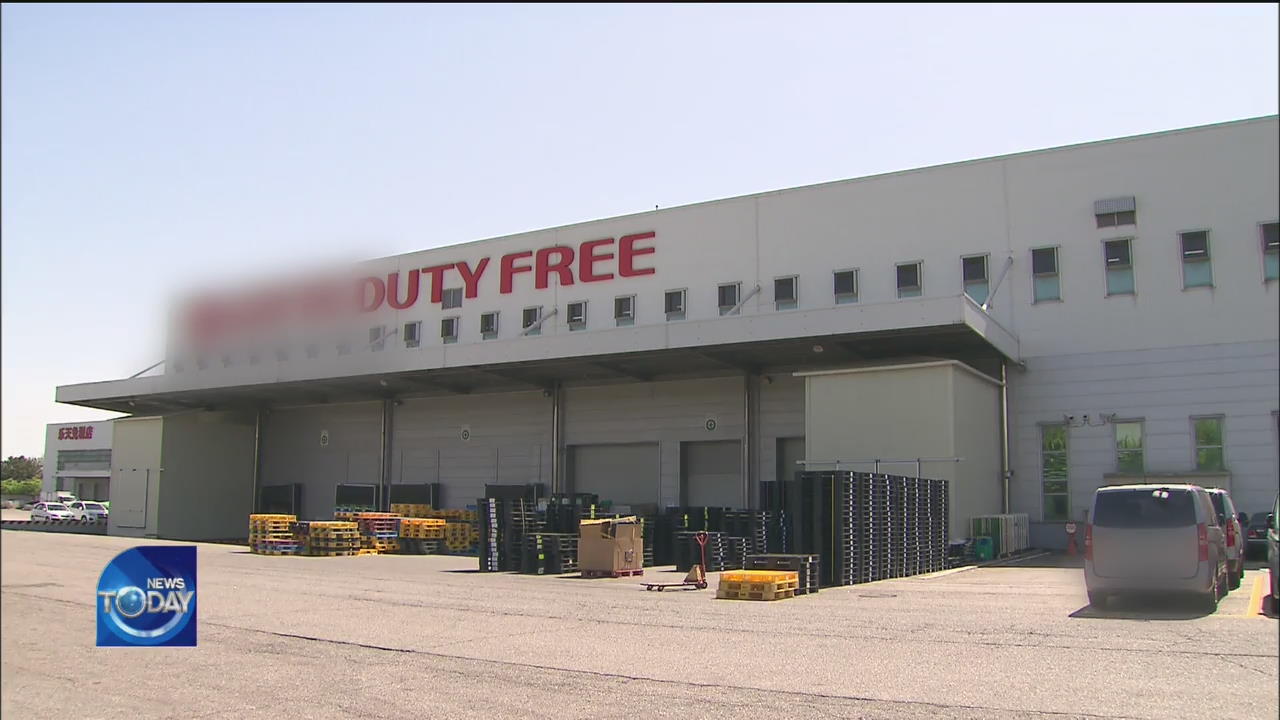
[Anchor Lead]
The government decided last month to allow duty-free shops to sell their stock to locals. It is aimed at helping the duty-free sector amid the coronavirus pandemic, but no progress has been made in the relief plan due to the difficulty to find distributors and opposition from high-end brands.
[Pkg]
A duty-free store's distribution center near Incheon Airport... Hundreds of tons of stock remain unsold, as the number of flight passengers has plunged over 90 percent amid the COVID-19 outbreak.
[Soundbite] (DUTY-FREE COMPANY OFFICIAL(VOICE MODIFIED)): Due to a sharp decline in flight passengers, the amount of goods remaining in stock for a long time has reached a saturation level.
In an effort to help the struggling duty-free industry, the government late last month allowed duty-free stores to temporarily sell items unsold for over six months in the domestic market. Despite the permit, it is difficult for duty-free operators to find domestic channels to sell their backlog of wares. Department stores have the largest distribution network. But they are deemed in appropriate as domestic routes to sell unsold duty-free goods, as they already house most brands that are seen at duty-free stores. It is impossible for department stores to sell identical or similar products at different prices.
[Soundbite] (DUTY-FREE COMPANY OFFICIAL(VOICE MODIFIED)) : "Different importers supply products to duty-free shops and department stores. Therefore, it is difficult to directly sell duty-free goods at department stores."
Duty-free operators are in negotiations with discount stores, but differences over the ranges of discounts remain. Duty-free items sold locally are expected to be more expensive than those sold at duty-free stores, as tariffs and surchrages are levied on them. Another obstacle is strong opposition from some upscale brands which are concerned about potential negative effects on their brand reputations.
[Soundbite] (DUTY-FREE COMPANY OFFICIAL(VOICE MODIFIED)) : "Upscale brands avoid locally distributing their products at lower prices."
Therefore, unsold duty-free items are expected to hit the local market next month at the earliest. Once the issues are settled, sunglasses and cheaper leather goods will be the first items to go on sale in the domestic market. But a handful of luxury brands as well as cosmetics products with expiration dates will be excluded.
The government decided last month to allow duty-free shops to sell their stock to locals. It is aimed at helping the duty-free sector amid the coronavirus pandemic, but no progress has been made in the relief plan due to the difficulty to find distributors and opposition from high-end brands.
[Pkg]
A duty-free store's distribution center near Incheon Airport... Hundreds of tons of stock remain unsold, as the number of flight passengers has plunged over 90 percent amid the COVID-19 outbreak.
[Soundbite] (DUTY-FREE COMPANY OFFICIAL(VOICE MODIFIED)): Due to a sharp decline in flight passengers, the amount of goods remaining in stock for a long time has reached a saturation level.
In an effort to help the struggling duty-free industry, the government late last month allowed duty-free stores to temporarily sell items unsold for over six months in the domestic market. Despite the permit, it is difficult for duty-free operators to find domestic channels to sell their backlog of wares. Department stores have the largest distribution network. But they are deemed in appropriate as domestic routes to sell unsold duty-free goods, as they already house most brands that are seen at duty-free stores. It is impossible for department stores to sell identical or similar products at different prices.
[Soundbite] (DUTY-FREE COMPANY OFFICIAL(VOICE MODIFIED)) : "Different importers supply products to duty-free shops and department stores. Therefore, it is difficult to directly sell duty-free goods at department stores."
Duty-free operators are in negotiations with discount stores, but differences over the ranges of discounts remain. Duty-free items sold locally are expected to be more expensive than those sold at duty-free stores, as tariffs and surchrages are levied on them. Another obstacle is strong opposition from some upscale brands which are concerned about potential negative effects on their brand reputations.
[Soundbite] (DUTY-FREE COMPANY OFFICIAL(VOICE MODIFIED)) : "Upscale brands avoid locally distributing their products at lower prices."
Therefore, unsold duty-free items are expected to hit the local market next month at the earliest. Once the issues are settled, sunglasses and cheaper leather goods will be the first items to go on sale in the domestic market. But a handful of luxury brands as well as cosmetics products with expiration dates will be excluded.
이 기사가 좋으셨다면
-
좋아요
0
-
응원해요
0
-
후속 원해요
0










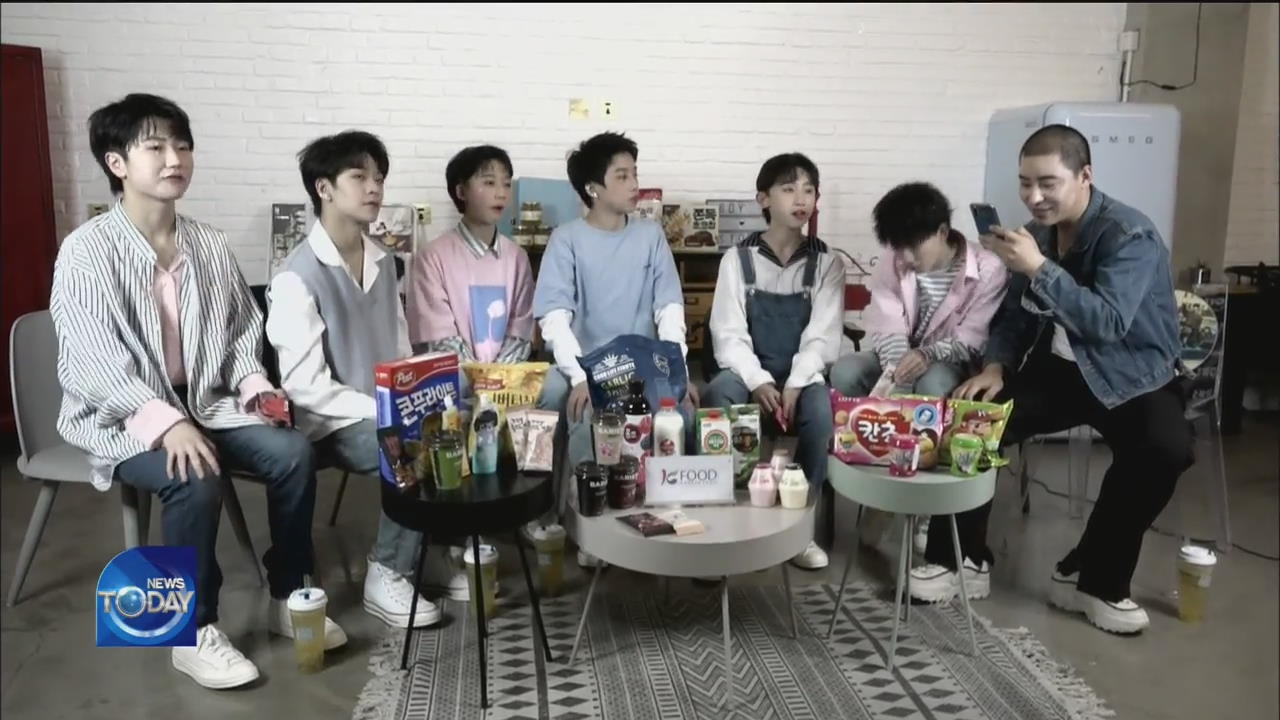
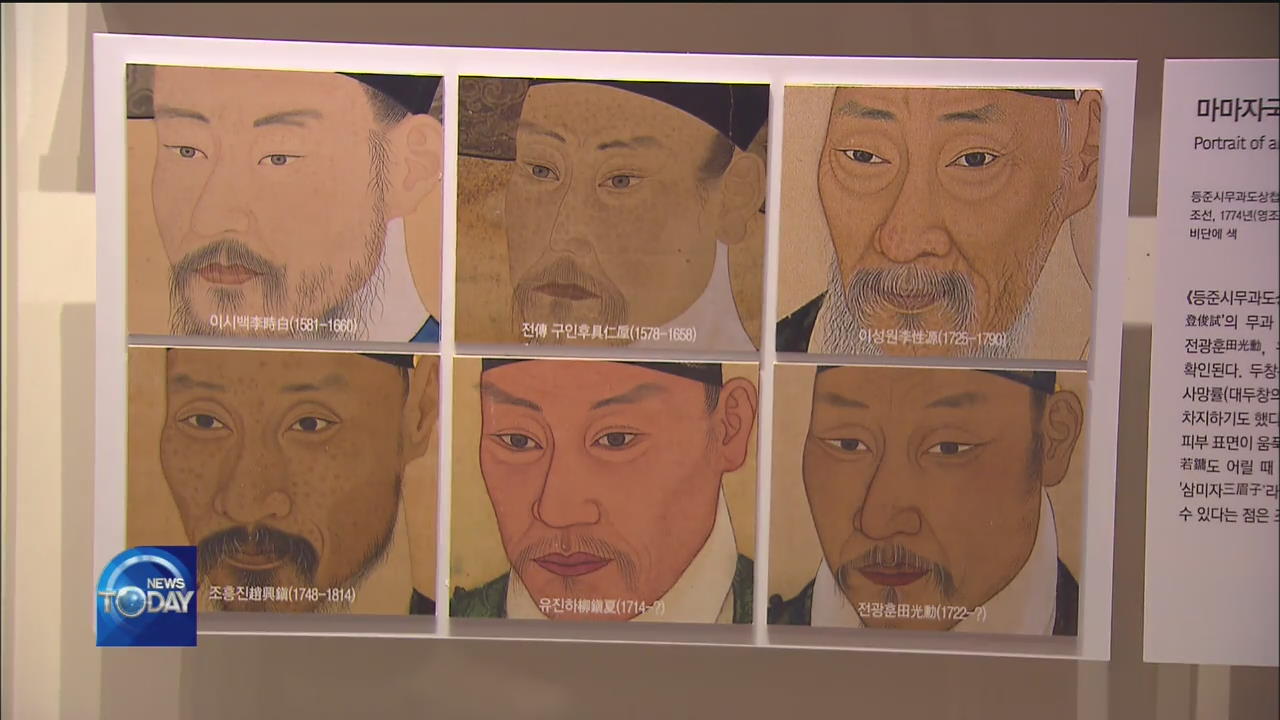
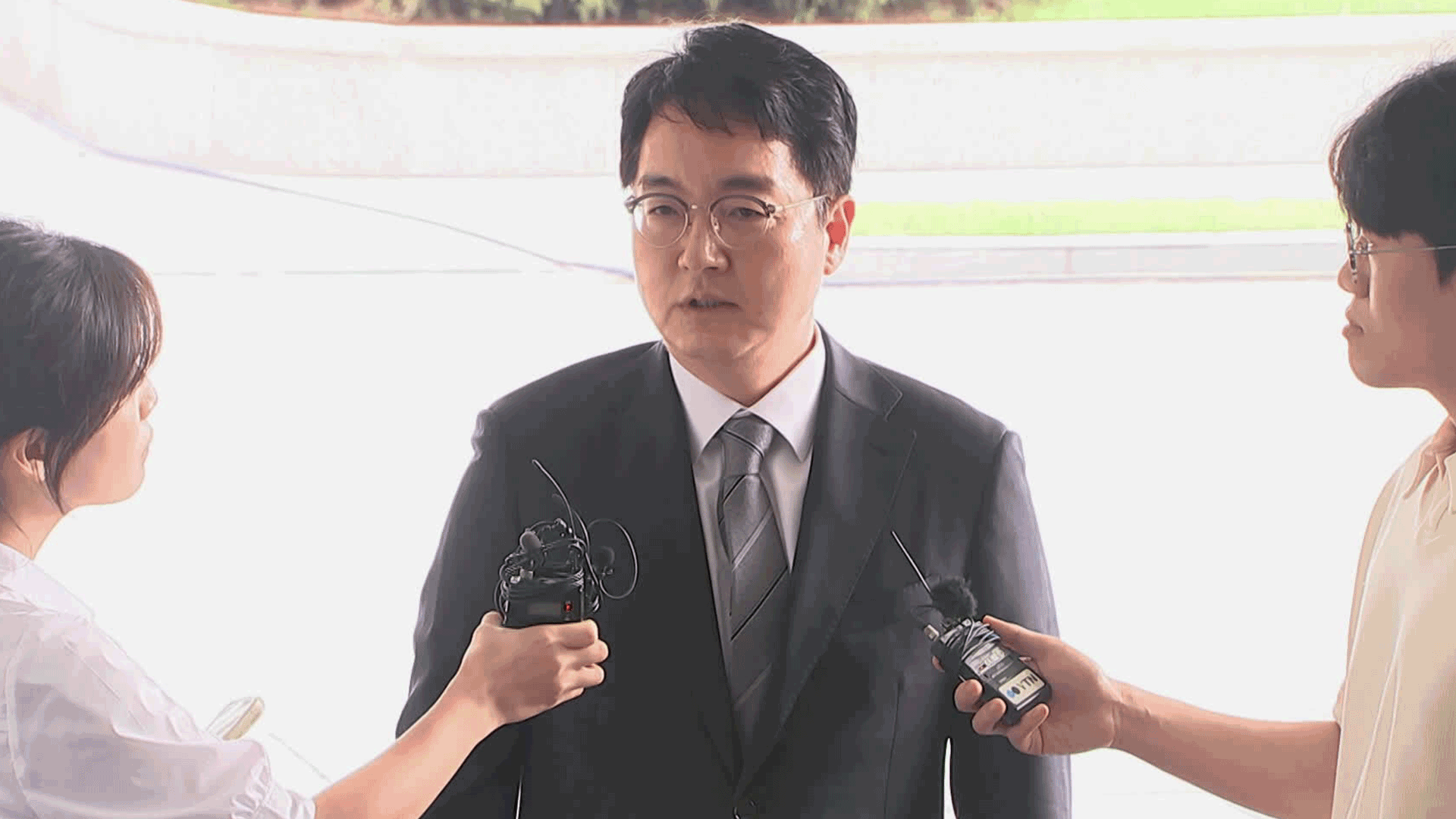
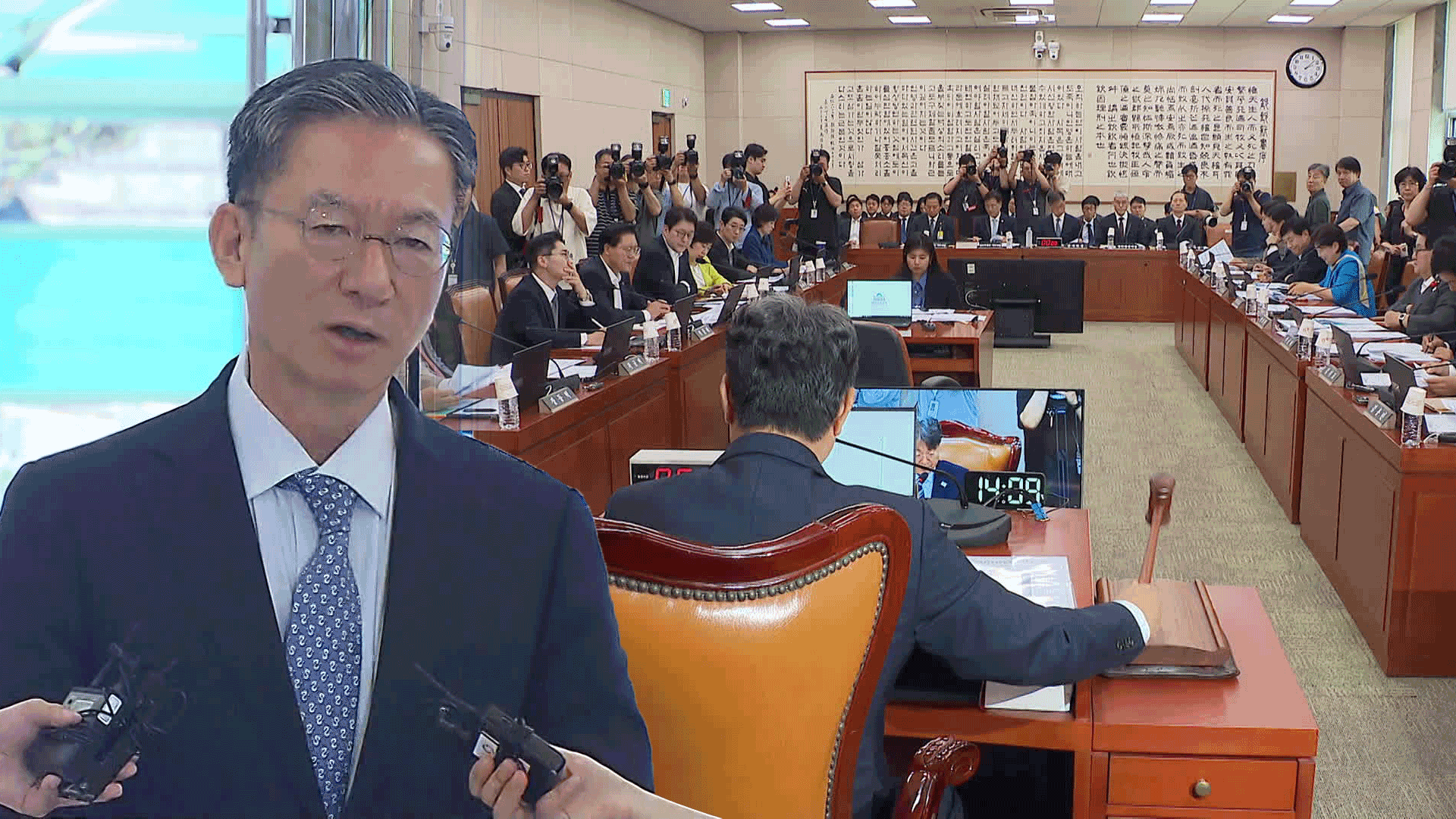
![[단독] 골프연습장 아니라더니<br>…‘한남동 골프연습장’ 도면 입수](/data/news/2025/07/01/20250701_Uh8Jnu.png)
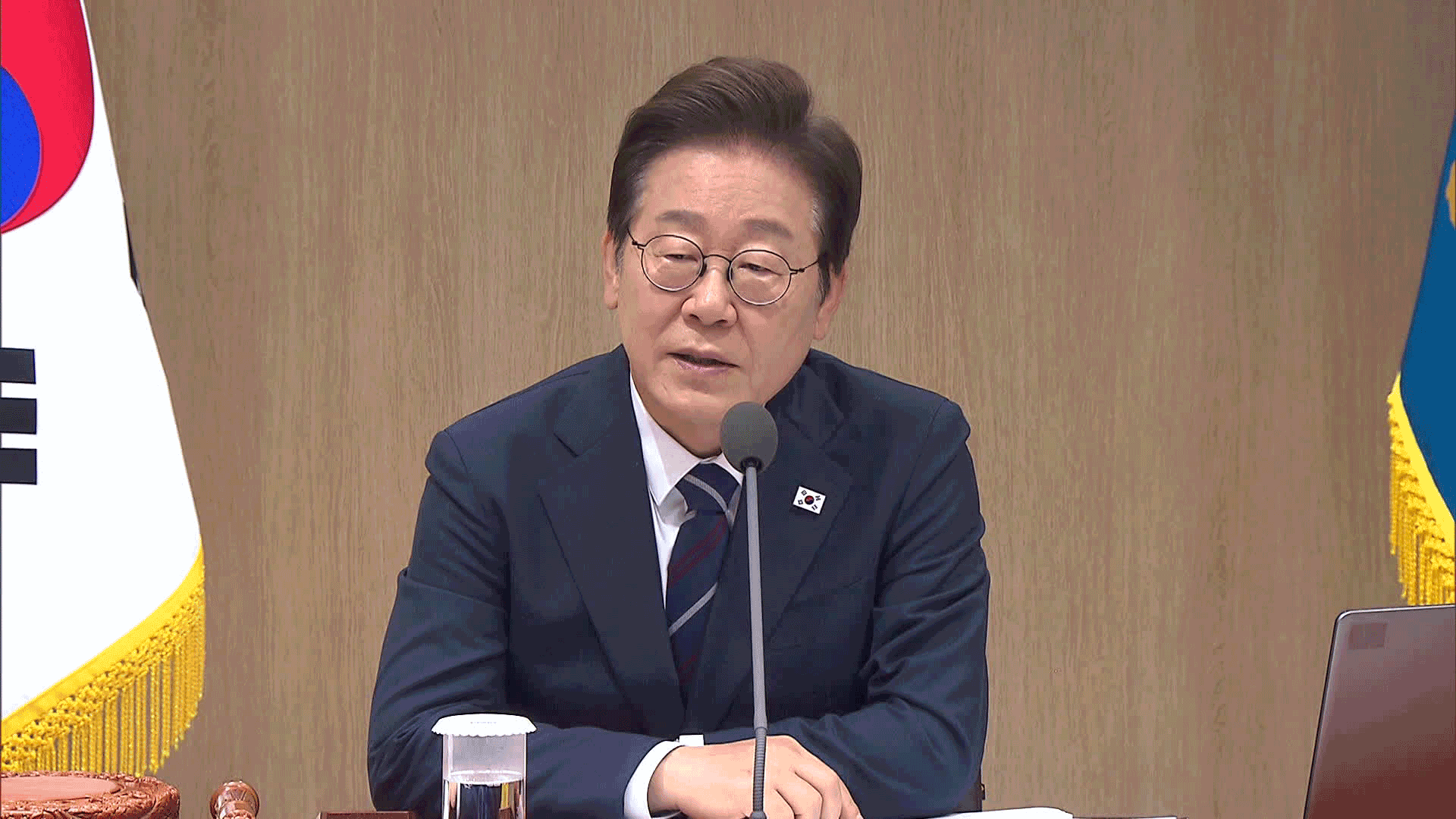

이 기사에 대한 의견을 남겨주세요.